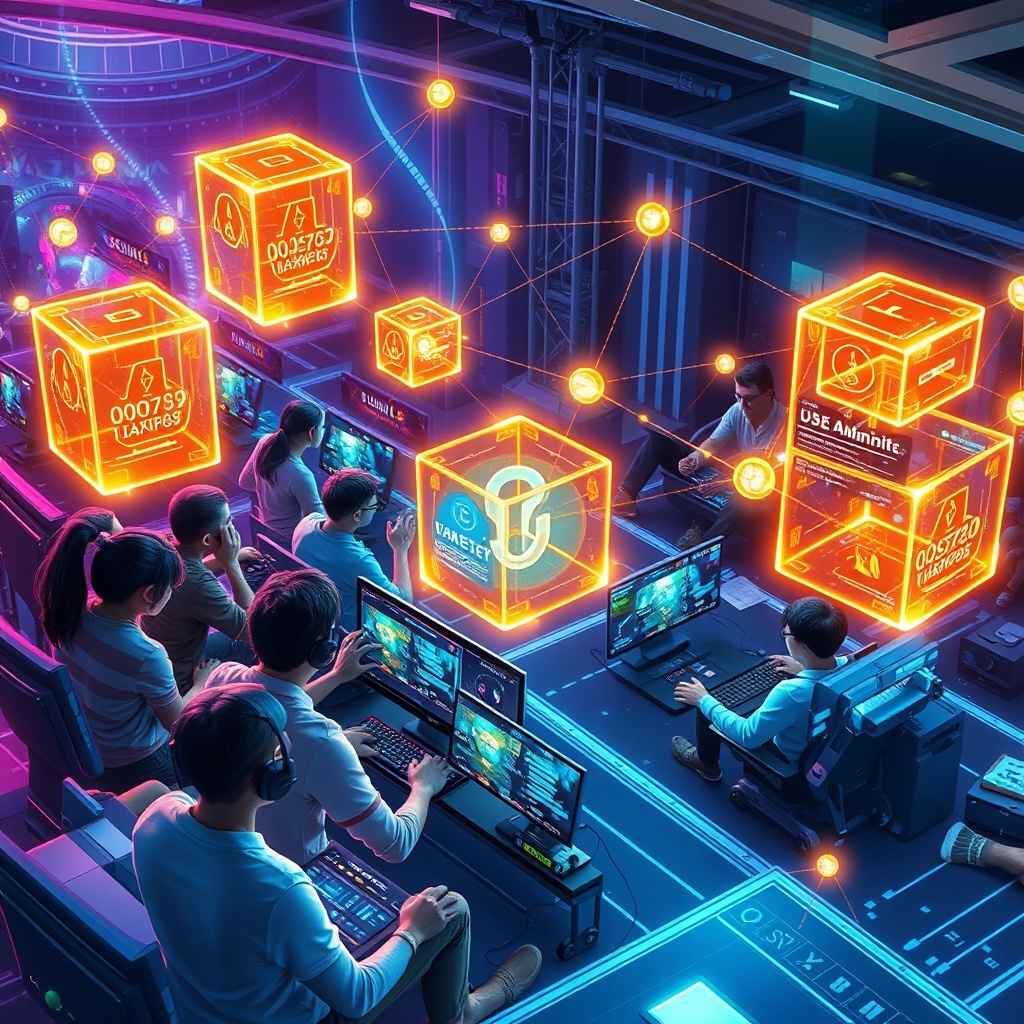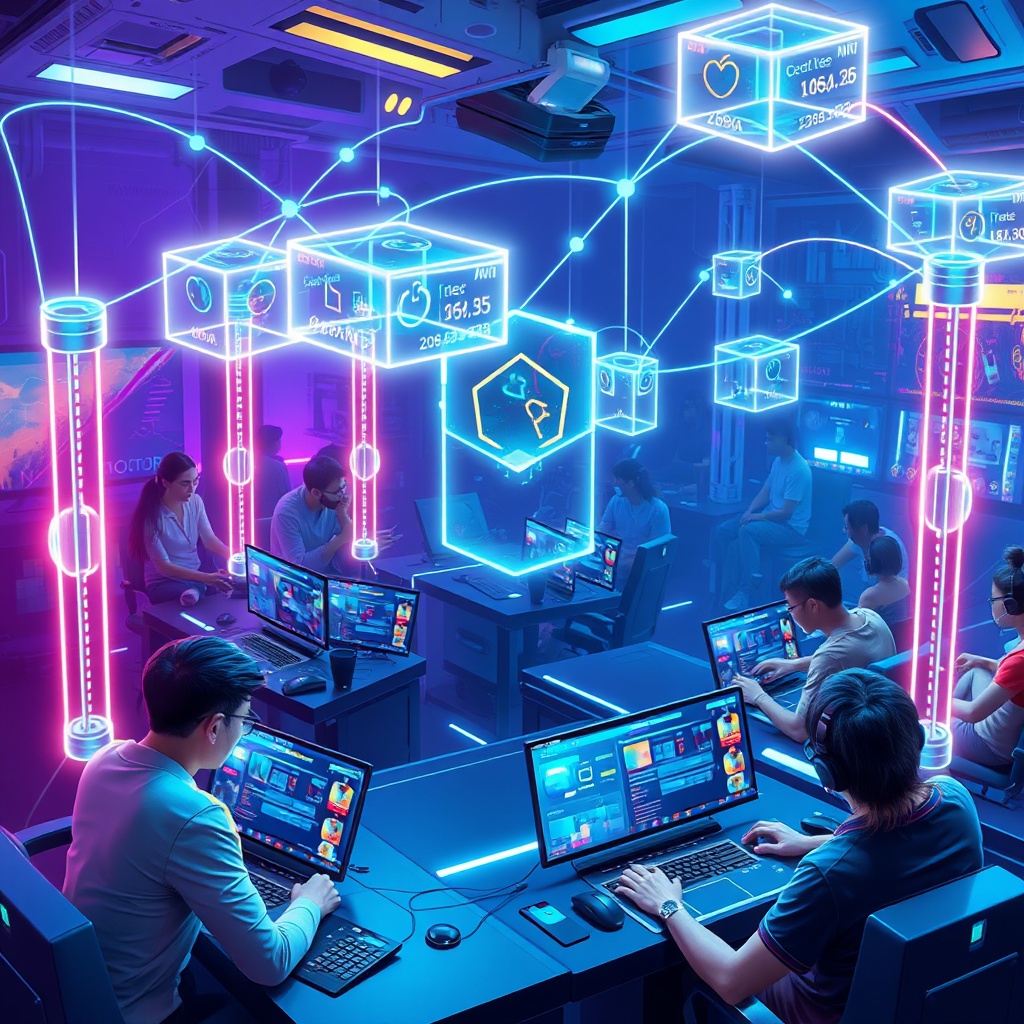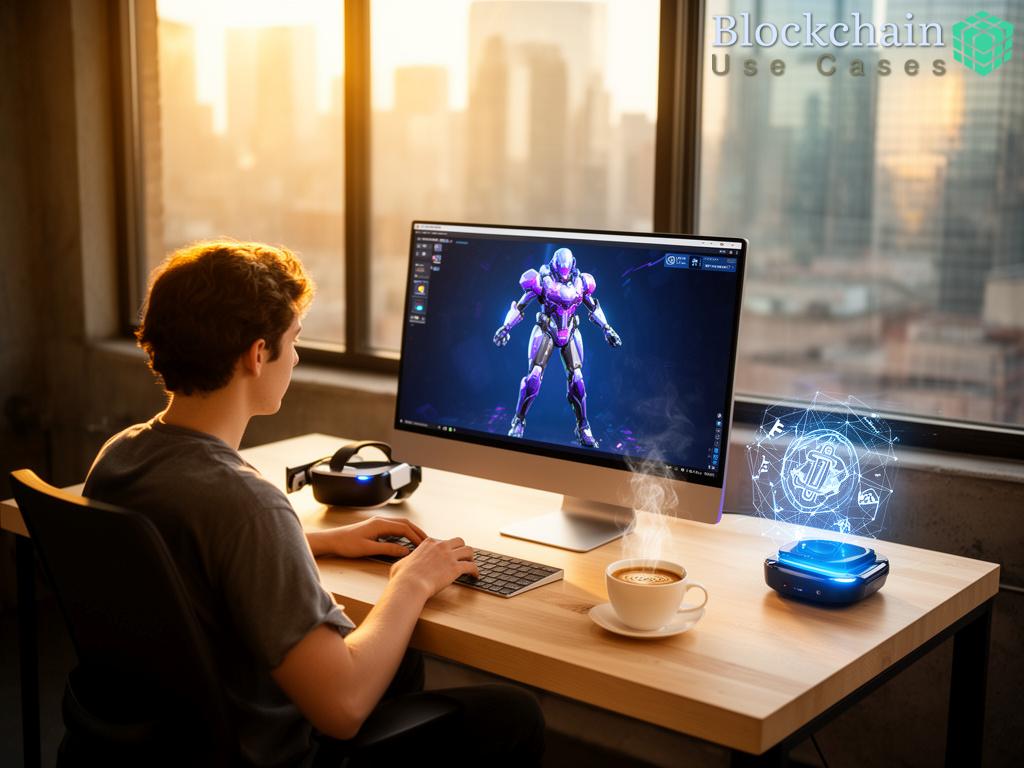In the rapidly evolving world of online multiplayer gaming, the integrity of gameplay is paramount. Cheating not only diminishes the experience for honest players but also jeopardizes the credibility of gaming platforms. As developers seek innovative solutions to combat this issue, blockchain technology stands out as a transformative tool. Its decentralized nature offers a robust framework for ensuring fairness and transparency, fundamentally altering the dynamics of online competition.

Blockchain operates on a distributed ledger system, where every transaction is recorded across multiple nodes. This means that alterations or fraudulent activities can be easily traced, creating a secure environment for players. By implementing blockchain, game developers can guarantee that player statistics, in-game assets, and match outcomes are immutable, thereby drastically reducing opportunities for cheating.

To fully appreciate the potential of blockchain in curtailing cheating, one must understand the specific mechanisms at play. The integration of smart contracts is a pivotal aspect of this technology that allows for automated enforcement of game rules. These contracts execute predetermined actions when certain conditions are met, ensuring that players adhere to the set guidelines without the need for a central authority.
Furthermore, the transparency offered by blockchain allows for real-time monitoring of player actions and transactions. Developers can employ sophisticated algorithms to analyze gameplay data, identifying patterns indicative of cheating. The combination of these elements not only deters dishonest behavior but also fosters a community of trust among players.
- Immutable Records: All game actions and transactions are recorded on the blockchain, making them tamper-proof.
- Smart Contracts: Automated rules that enforce fair play without human intervention.
- Real-Time Monitoring: Continuous analysis of player behavior to detect anomalies.
As the gaming industry continues to grow, the need for robust anti-cheating mechanisms becomes increasingly critical. Blockchain technology not only addresses current challenges but also sets the stage for a new era of online gaming. With the potential for decentralized ownership of in-game assets, players can have increased control and security over their investments, further reducing the incentive to cheat.
Looking forward, the integration of blockchain in multiplayer games signifies a shift towards a more equitable gaming environment. As developers and players alike recognize the value of this technology, we may witness a significant decline in cheating incidents, paving the way for a more authentic gaming experience.





